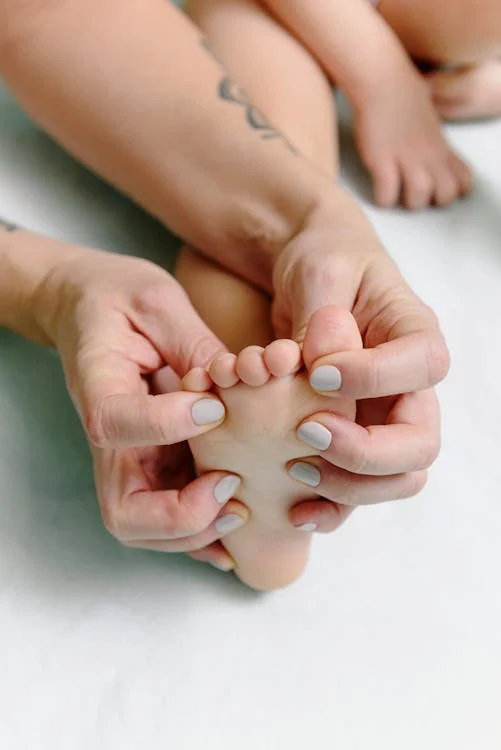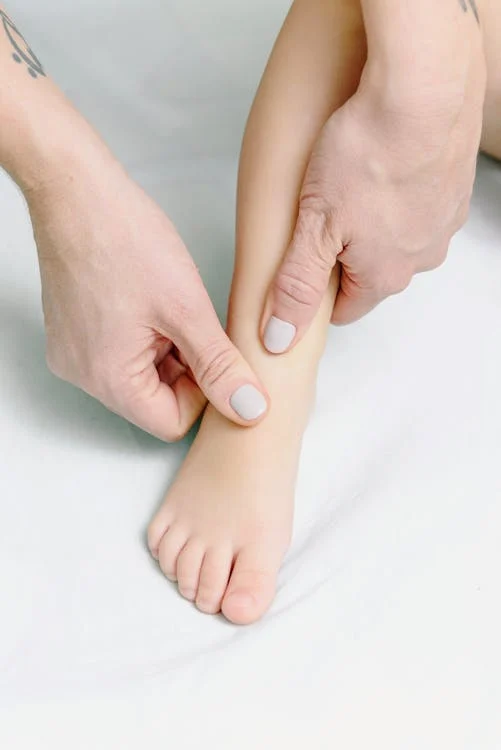Best Baby Skin Care The Brand New Review 2024


Baby Skin care of your baby’s skin is essential, as it’s much more sensitive than adult skin. Babies have a thinner epidermis, and their skin barrier is still developing, making them prone to dryness, rashes, and irritations. Proper baby skin care ensures that your baby stays comfortable and healthy. In this article, we will delve into everything you need to know about baby skincare, from bathing to moisturizing, and how to deal with common skin issues.
Thank you for reading this post, don't forget to subscribe!The Importance of Baby Skin Care
Baby skin requires special attention because it is highly sensitive and can react to the slightest irritants. Without proper care, conditions like diaper rash, eczema, or heat rash may develop. A good skincare routine helps in:
- Protecting the skin barrier
- Preventing infections
- Reducing skin irritation
- Maintaining skin hydration
Understanding how to take care of a baby’s skin properly can make a world of difference in preventing discomfort and keeping your baby’s skin smooth and healthy.
Choosing the Right Baby Skin Care Products
What to Look for in Baby Skin Care Products
When selecting baby skin care products, it’s important to choose those that are gentle and free from harsh chemicals. Look for products that are:
- Fragrance-free
- Hypoallergenic
- Free of parabens, sulfates, and dyes
Ingredients like aloe vera, chamomile, and calendula can soothe a baby’s sensitive skin. It’s also wise to choose products that are dermatologist-tested and approved for infants.
Baby Soaps and Body Washes
While adults may use scented or antibacterial soaps, babies need a gentler option. Mild, unscented soaps and body washes designed specifically for babies help preserve their skin’s natural oils. Avoid overly hot water when bathing your baby as it can strip away moisture, leaving the skin dry.
Best Practices for Bathing
Bath time is essential for cleanliness, but over-bathing can lead to dryness. It’s recommended to bathe babies two to three times a week using warm water. Use a soft washcloth and gently cleanse their skin, focusing on areas like the neck, and diaper area, and folds where dirt and moisture accumulate.
Moisturizing Baby’s Skin

Why Moisturization is Essential
Babies have a limited ability to regulate their skin’s moisture levels, making it prone to dryness. After a bath, apply a mild, fragrance-free moisturizer to lock in hydration and prevent dryness or peeling.
Types of Baby Moisturizers
There are various types of baby moisturizers to choose from, including:
- Creams: Thicker than lotions and ideal for babies with dry skin.
- Lotions: Light and non-greasy, suitable for everyday use.
- Ointments: Great for treating particularly dry or irritated patches of skin.
Be sure to apply moisturizers while the skin is still slightly damp, as this helps seal in moisture effectively.
Dealing with Common Baby Skin Problems
Diaper Rash
Diaper rash is one of the most common skin problems in babies. It’s caused by prolonged exposure to moisture, friction, and bacteria from dirty diapers. To prevent and treat diaper rash:
- Change diapers frequently.
- Allow diaper-free time to let the skin breathe.
- Use a diaper rash cream with zinc oxide as a protective barrier.
Baby Eczema
Eczema can cause patches of dry, itchy skin on babies. It’s typically found on the cheeks, scalp, or limbs. To manage baby eczema:
- Use gentle, unscented moisturizers.
- Give lukewarm baths and avoid hot water.
- Dress your baby in breathable fabrics, like cotton.
If eczema persists, consult with a pediatrician for further treatment options.
Cradle Cap
Cradle cap, also known as seborrheic dermatitis, appears as scaly patches on a baby’s scalp. While it’s harmless, it can look concerning. To treat cradle cap:
- Gently massage the scalp with a soft brush during bath time.
- Apply a mild baby shampoo to loosen the scales.
- Use a light baby oil to moisturize the scalp.
Heat Rash
Babies are more susceptible to heat rash because their sweat glands are not fully developed. It can cause red, itchy bumps, often in the folds of the skin. To prevent heat rash:
- Keep your baby cool in warm weather.
- Dress them in lightweight, breathable clothing.
- Ensure proper ventilation in their sleeping area.
Baby Acne
Baby acne often appears as small red or white bumps on a baby’s face and neck. It typically resolves on its own within a few weeks. To care for baby acne:
- Keep the skin clean with water and avoid scrubbing.
- Don’t use harsh creams or adult acne treatments.
- Be patient, as baby acne usually clears up without any treatment.
Sun Protection for Babies
Babies under six months should be kept out of direct sunlight as much as possible. Their skin is too delicate for conventional sunscreens, and they can burn easily. If you need to go outdoors, consider the following tips:
- Use lightweight, long-sleeve clothing and wide-brimmed hats.
- Stay in the shade whenever possible.
- For babies older than six months, you can apply a baby-safe sunscreen with SPF 30 or higher, ensuring it’s broad-spectrum and free from chemicals like oxybenzone and parabens.
Tips for Maintaining Healthy Baby Skin

To ensure your baby’s skin remains soft, smooth, and healthy, follow these essential tips:
- Use a humidifier in the nursery to maintain moisture in the air, especially during dry weather.
- Avoid harsh laundry detergents and opt for those designed for sensitive skin.
- Trim your baby’s nails regularly to prevent accidental scratching, which can damage delicate skin.
Final Thoughts on Baby Skin Care
Caring for your baby’s skin doesn’t have to be complicated. By using gentle, hypoallergenic products and establishing a regular skincare routine, you can help your baby avoid common skin problems like diaper rash, eczema, and heat rash. Always remember that baby skin care is about prevention and protection, ensuring that your little one feels comfortable and stays healthy.
